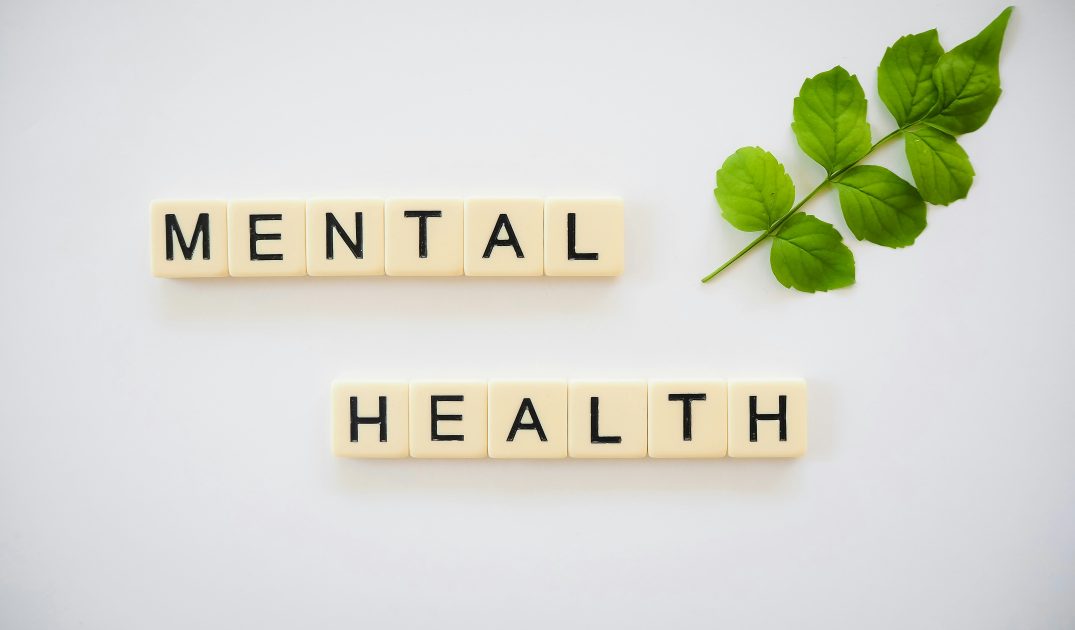Dreams can feel incredibly real, almost like moments you can reach out and touch. A hug in a dream can carry strong emotions: it might feel warm and safe, or in some cases, unsettling or even fearful. If you’ve ever wondered, “What does it mean spiritually when you dream of someone hugging you?” the short answer is that it often points to themes of connection, comfort, healing, or a deep need for peace in your life.
Understanding this type of dream doesn’t have to be complicated. A dream hug can reflect your longing for reassurance, a reminder of love you’ve received, or even God’s way of showing His presence and care. By paying attention to how the dream made you feel, you can uncover what your heart may be craving, whether that’s reconciliation, inner healing, or simple rest. With this easy guide, you’ll learn how to reflect on the dream, discover what it might mean for your spiritual journey, and take one small, kind step forward toward peace.
First, what a hugging dream might mean
- Comfort or care. Your spirit may be longing for a sense of rest and safety. The hug can be a reminder that you are supported and not carrying everything alone.
- Reconciliation. A hug in a dream may point to the need for forgiveness or healing a broken bond. It can also mean it’s time to let go of past hurts and move forward.
- Protection. The dream hug can symbolize shelter from fear, stress, or emotional pain. It may reassure you that you are guarded in ways you don’t always see.
- Self-love. Sometimes the hug represents embracing yourself with kindness and compassion. It’s a sign to treat yourself with the same care you give to others.
- Guidance. A hug can serve as a gentle spiritual message that you are not alone. It may reflect God’s presence, a loved one’s support, or your inner strength.
Keep in mind. Dreams speak through symbols that reflect your inner life. What the hug means depends most on your own story and feelings.
Quick “meaning map” (use your context)
- Hug from a loved one you know: You miss closeness or want to heal a small hurt.
- Hug from an ex: A sign to make peace with the past, not a rule to go back.
- Hug from a stranger: New support is coming, or your heart wants community.
- Hug from a child: Innocence, joy, or a call to be gentle with yourself.
- Hug from an enemy: A push toward forgiveness or healthy boundaries.
- Hug from someone who has died: Love that still comforts, or a cue to honor grief.
How to interpret your dream in 5 simple steps
- Who hugged whom?
Name the person (or type of person). Ask, “What do they stand for in my life?” - What was the hug like?
Gentle, tight, short, long, awkward? The style shows the message’s tone. - Where did it happen?
Home, school, church, a quiet place, a storm? The setting adds meaning. - How did you feel during and after?
Peaceful, safe, sad, tense, relieved? Feeling is the key to meaning. - What one small action fits the message?
Text someone, pray, journal, set a boundary, or rest. Keep it simple.
Tip: Most people dream several times each night (often about two hours in total). That means many chances for your mind and spirit to “talk” through images like hugs.
A gentle spiritual lens (inclusive and practical)
- Christian readers: A hug can picture God’s nearness, grace, or welcome, like the father hugging the prodigal son. It may invite forgiveness, prayer, or trust.
- Other faiths & traditions: A hug may signal guidance from a caring presence, an ancestor’s blessing, or the heart’s call to compassion.
- Secular/meaning-making lens: The hug can be your inner wisdom saying, “You matter, choose connection.”
Use the lens that fits your walk. The goal is peace, growth, and healthy action.
Why hugs show up in dreams: what science adds
- Hugs calm the body. Touch is linked with oxytocin, a “bonding” hormone, and with lower stress hormones like cortisol. That soothing body memory can appear in dreams when you need comfort or safety.
- Hugs and health. Studies find that people who receive more hugs show less severe cold symptoms when under stress, and that warm partner contact (including a brief hug) can lower blood pressure reactions to stress. This doesn’t “prove” healing, but it shows how support and touch may buffer stress, something your dream-body might be asking for. PMCCarnegie Mellon UniversityPubMed
- Dreams are common and emotional. You may have multiple dreams each night, especially near REM sleep, and strong feelings in dreams often mirror waking needs. Journaling right after waking can help you remember more and spot patterns over time. Sleep Foundation+1
What to do after a hugging dream (simple, actionable steps)
- Breathe & ground. Put a hand on your heart. Take 3 slow breaths.
- Write it down. Note who, how, where, feeling, and message. (A short journal helps recall and insight.)
- Name one “tiny step.”
- Reach out to someone kind.
- Pray or meditate for five minutes.
- Speak a boundary you’ve been avoiding.
- Do one act of self-care (walk, nap, hydrate).
- Reach out to someone kind.
- If the dream repeats or turns fearful, care for your sleep, lower stress where you can, and consider talking with a counselor or faith leader. Frequent upsetting dreams are common for some people, but if they keep you from resting, it’s wise to seek help.
Deeper meanings of “who” are in the hug
- A parent or grandparent: Longing for safety, wisdom, or approval. Try a gratitude note or a call.
- A friend you drifted from: Desire to reconnect or to forgive quietly in your heart.
- An ex-partner: Closure, not always reunion. Ask, “What lesson or boundary do I need?”
- A child: Your inner child wants to play, rest, or receive gentle care.
- A spiritual figure (like Jesus, a saint, or a guide): Assurance, healing, or a call to trust.
- A person who hurt you: Your soul may be working on release. Forgiveness is a process; start with safety and boundaries.
- A stranger: Your heart is open to new support or community.
A simple journal template (copy this)
Date/Time:
Who hugged whom:
Hug style (short/long/awkward/warm):
Place & details (lighting, colors, weather):
Feelings (during/after):
One message I hear:
One tiny step I will take today:
Using a short, repeatable template right after waking can boost recall and help you see patterns across weeks.
When to get extra support
- The dream keeps coming back and stirs strong fear or sadness.
- You have trouble sleeping or dread going to bed.
- You are working through grief, trauma, or major stress.
You deserve restful sleep and steady care. A trained counselor, therapist, pastor, or trusted elder can walk with you.

Book About Dreams
Dreams:
The Magic of the Night
By Kenneth K. Gray
This book is perfect for anyone seeking to understand the messages and meanings hidden in their dream life. It offers a clear framework for interpreting dreams with real examples and thoughtful insights, making each chapter both personal and enlightening.
- Based on personal dream journals
- Step-by-step interpretations
- Perfect for dream seekers & learners
FAQs
1) Is dreaming of a hug always “good”?
Not always. If the hug felt tense or forced, your spirit may be warning you to set a boundary or heal a wound. Your feeling in the dream is the main clue.
2) What if I dream of a hug from someone who passed away?
This often points to love, grief, or unfinished words. Consider a gentle ritual: write them a letter, light a candle, or share a story about them. If the dream brings peace, receive it. If it brings pain, reach out for support.
3) What if I dream of an ex hugging me?
Often this signals a need for closure or self-respect, not a command to reconnect. Ask, “What do I miss – the person, or the feeling of being seen?”
4) Why do these dreams feel so real?
Dreams can be vivid because your brain is very active in parts of the night, and many people spend about two hours dreaming.
5) Can hugs in real life change my dreams?
Maybe. Warm touch is linked with oxytocin and lower stress signals, which can support calmer moods and sleep. Lower stress by the day can help soften dream tone at night.
6) What if I keep having upsetting hugging dreams?
Frequent upsetting dreams are not rare and can be tied to stress or low mood. Caring for stress and talking with a professional can help.
7) How can I remember hugging dreams better?
Wake up slowly, avoid your phone for a few minutes, and journal right away using the template above. These habits improve recall for many people.
8) Can a hugging dream be a message from God (or a higher power)?
Many people believe so. If you follow a faith, take time to pray, read, or seek wise counsel. Ask, “What loving action should I take today?”
Sources (for trust and further reading)
- Sleep Foundation. “How Long Do Dreams Last?” Updated July 14, 2025. (Average ~two hours dreaming per night; REM timing and recall basics.) Sleep Foundation
- Sleep Foundation. “Dreams: Why They Happen & What They Mean.” (Dream basics; recall tips and journaling.)
- Cleveland Clinic. “Oxytocin: What It Is, Function & Effects,” and “Benefits of Hugging for Mental Health.” (Touch, oxytocin, and stress.) Cleveland ClinicCleveland Clinic
- Psychological Science study (Carnegie Mellon): “Does hugging provide stress-buffering social support?” (Hugs/social support linked to less severe illness under stress.) PMCPubMed
- Behavioral Medicine study: Grewen et al., 2003. “Warm partner contact and blood pressure reactivity.” (Brief hand-holding + a 20-second hug reduced stress reactivity.) PubMed
- American Academy of Sleep Medicine (AASM) news: “Depression and insomnia are the strongest risk factors for frequent nightmares.” (Context for when distressing dreams are common and when to seek help.) AASM




